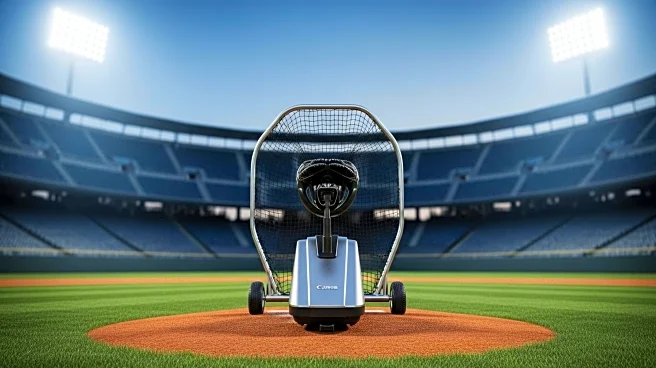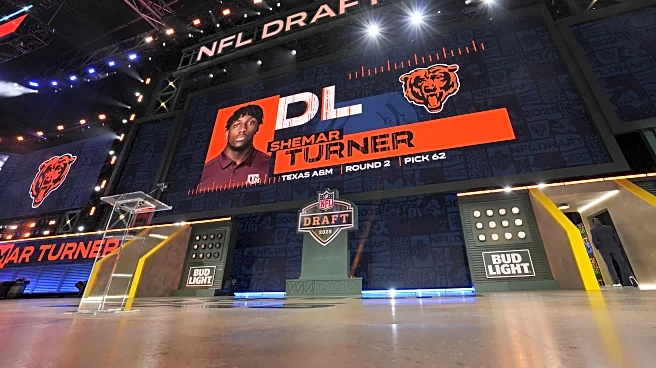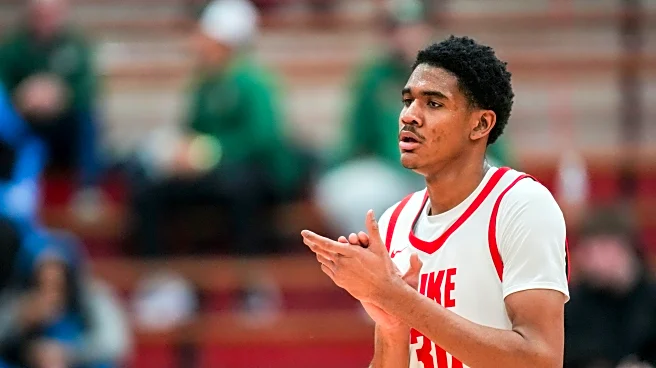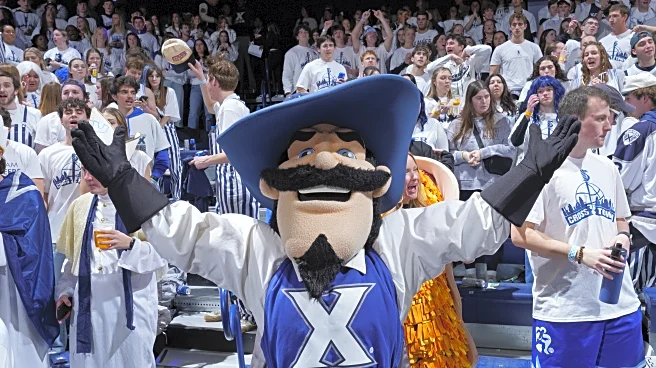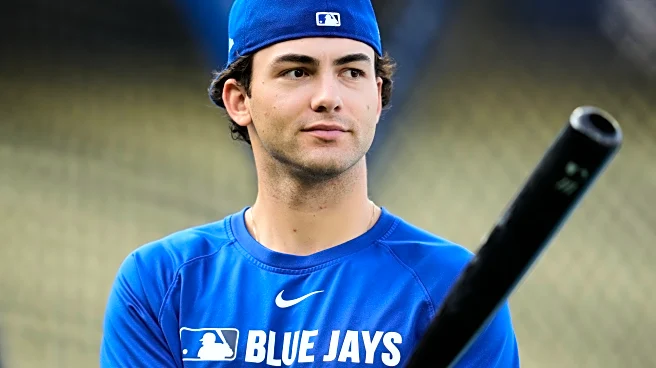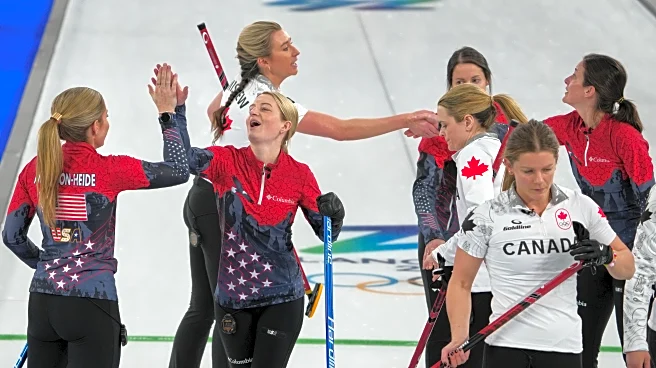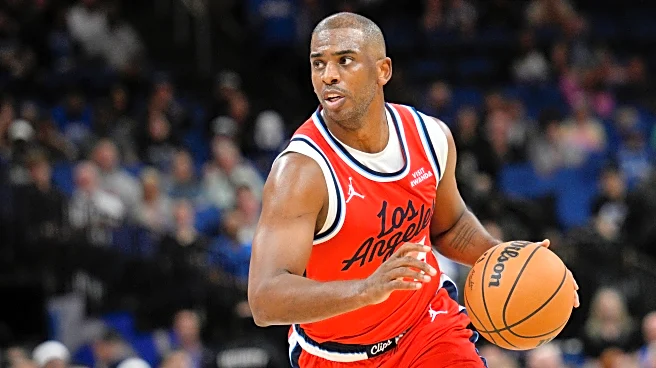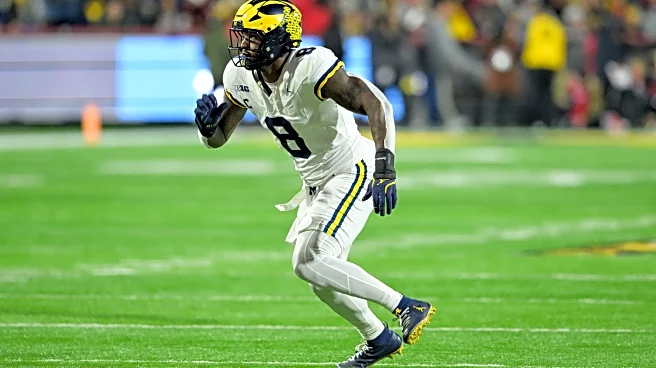What is the story about?
What's Happening?
Payton Tolle, a promising rookie pitcher for the Boston Red Sox, made an impressive Major League Baseball debut against the Pittsburgh Pirates. Despite the team's 4-2 loss, Tolle's performance was a highlight, as he struck out eight batters and allowed only two runs over 5 1/3 innings. His debut marks a significant moment for the Red Sox, who have been focusing on developing homegrown pitching talent under the leadership of chief baseball officer Craig Breslow. Tolle's rapid progression through the minor leagues, culminating in his MLB debut, showcases the effectiveness of the team's revamped pitching infrastructure.
Why It's Important?
Tolle's debut is a testament to the Red Sox's strategic shift towards nurturing homegrown pitchers, a move that could redefine their future success. Historically, the team has struggled to produce top-tier pitching talent, but Tolle's performance suggests a positive change. This development is crucial for the Red Sox as they aim to strengthen their rotation and compete more effectively in the league. The success of Tolle and other emerging pitchers could lead to a more sustainable and competitive team, reducing reliance on external acquisitions and fostering long-term growth.
What's Next?
Following Tolle's promising debut, the Red Sox are likely to continue integrating him into their rotation, especially as they navigate the remainder of the season. The team's focus will be on monitoring his development and ensuring he adapts to the demands of major league play. Additionally, the Red Sox will continue to evaluate their pitching prospects, aiming to replicate Tolle's success with other players. This approach could lead to a stronger, more consistent pitching lineup in the coming seasons.
Beyond the Headlines
The Red Sox's investment in developing homegrown pitchers like Tolle reflects broader trends in baseball, where teams are increasingly prioritizing internal talent development over costly trades and acquisitions. This strategy not only enhances team cohesion but also aligns with financial sustainability goals. As more teams adopt similar approaches, the landscape of player development in MLB could shift significantly, emphasizing long-term growth and stability.
